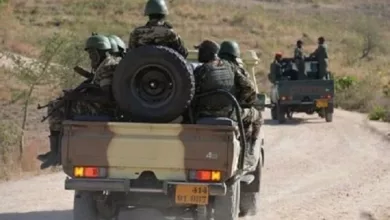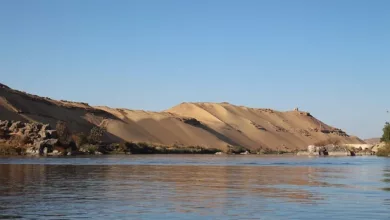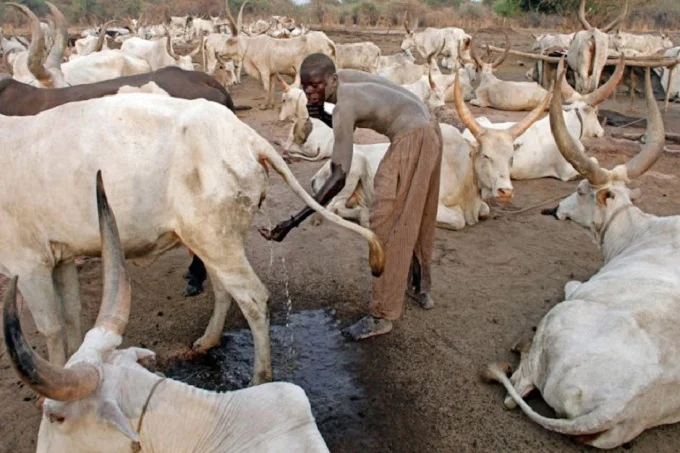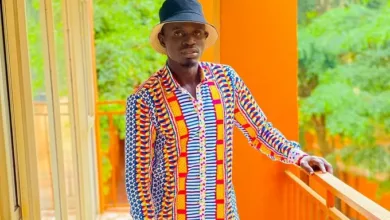South Sudan rebels reject 10-state federation
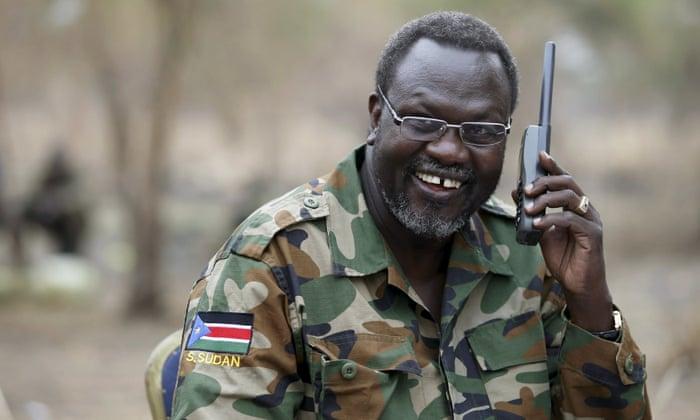
This proposal by the South Sudanese head of state had raised hopes of paving the way for the formation of a government of national unity. It was rejected by rebel leader and former vice president Riek Machar.
The rejection of the federation to 10 states is showering hopes of seeing the country break the political deadlock and put an end to the civil war, which has killed thousands in six years in South Sudan.
Salva Kiir and Riek Machar, who lives in exile, are under increasing international pressure to resolve their differences with a view to forming a government of national unity by February 22.
“Pandora’s box”
President Kiir announced on Saturday that South Sudan would now be divided into ten states, at the vital request of the opposition, in addition to three “administrative areas”. But Machar said Sunday he was opposed to the creation of three “administrative zones”.
“We cannot speak of a return to 10 states, and as such, the proposal cannot be accepted,” he wrote in a statement. “We, therefore, call on President Kiir to reconsider the idea of creating administrative zones,” added the rebel leader.
With these three zones, the head of state opened “Pandora’s box” because they risk, in his opinion, creating additional problems.
When they gained its independence from Sudan in 2011, South Sudan had ten states, according to its Constitution. President Kiir had raised this figure to 28 in 2015, and later to 32, a measure widely seen as a way to increase the number of his allies placed in positions of responsibility.
The opposition welcomed Kiir’s surprise announcement on Saturday, but criticized the decision to make Ruweng, an essential region for oil production, an “administrative area”.
Late Saturday evening, President Kiir relieved the governors of the 32 federal states from their duties. He said on Saturday that the question of states would be definitively settled once the government is formed.
Among the three “administrative areas”, the one that is the most hotly contested is the Ruweng oil region in the north of the country. It is claimed both by the Dinka, the ethnicity of President Kiir, and by the Nuer, that of Mr. Machar. Oil provides South Sudan with the bulk of its revenues.

